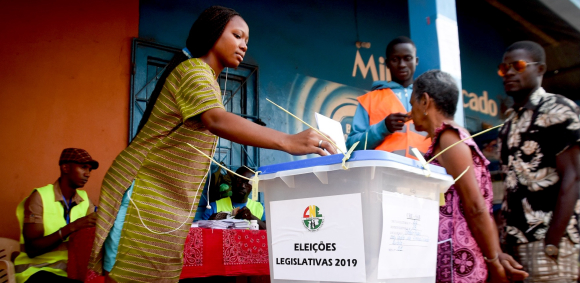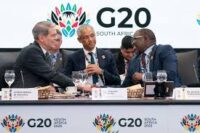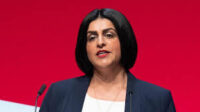Ghana is taking a bold step toward regulating its forex trading market, a move that could reshape the financial landscape of the country and position it as a rising hub for retail trading in Africa. The Securities and Exchange Commission (SEC) has confirmed that work is already underway to introduce a comprehensive regulatory framework for forex trading, which will directly impact how margin forex brokers and traders operate within the West African nation.
According to the Acting Deputy Director-General of the SEC, Mensah Thompson, the commission has begun drafting guidelines aimed at licensing and regulating forex traders. Speaking during an engagement with the Ghana Journalists Association, Thompson emphasized that the framework will not only bring structure to the industry but will also safeguard the interests of the public by making it easier to identify licensed operators. The SEC is also introducing a verification system through a short code that will allow investors to confirm whether a company is legitimately licensed, reducing the risk of fraud and scams that have plagued the financial sector in many developing markets.
This development raises a critical question: could Ghana emerge as the next African retail trading hub? While the country is not yet considered a hotspot for forex and CFD (contracts for difference) brokers, it holds significant potential. With a population of over 34.5 million people and a growing appetite for investment opportunities, the introduction of regulations could attract more global brokers to set up operations in the country. Despite Ghana’s relatively modest GDP per capita of just over $2,400, history has shown that low GDP levels do not necessarily hinder the growth of retail trading. For instance, India, with a per capita GDP close to $2,700 has become one of the largest markets for CFD brokers worldwide.
Across Africa, retail forex trading is gaining momentum. South Africa and Kenya already have established regulatory frameworks, while Rwanda introduced leveraged forex trading regulations last year. Offshore jurisdictions like Mauritius and Seychelles have also become popular licensing destinations for global brokers, with Mwali in Comoros recently attracting firms despite questions over its legitimacy. Ghana’s entry into this space could, therefore, provide a credible, regulated environment that not only boosts investor confidence but also attracts international brokers looking for expansion opportunities in Africa.
As Ghana edges closer to formal regulation, the move is expected to enhance transparency, improve market confidence, and expand participation in forex trading. If implemented effectively, the regulatory framework could transform Ghana into one of Africa’s emerging hubs for retail forex and CFDs, joining the ranks of South Africa, Kenya, and other leading markets on the continent.














Leave a comment